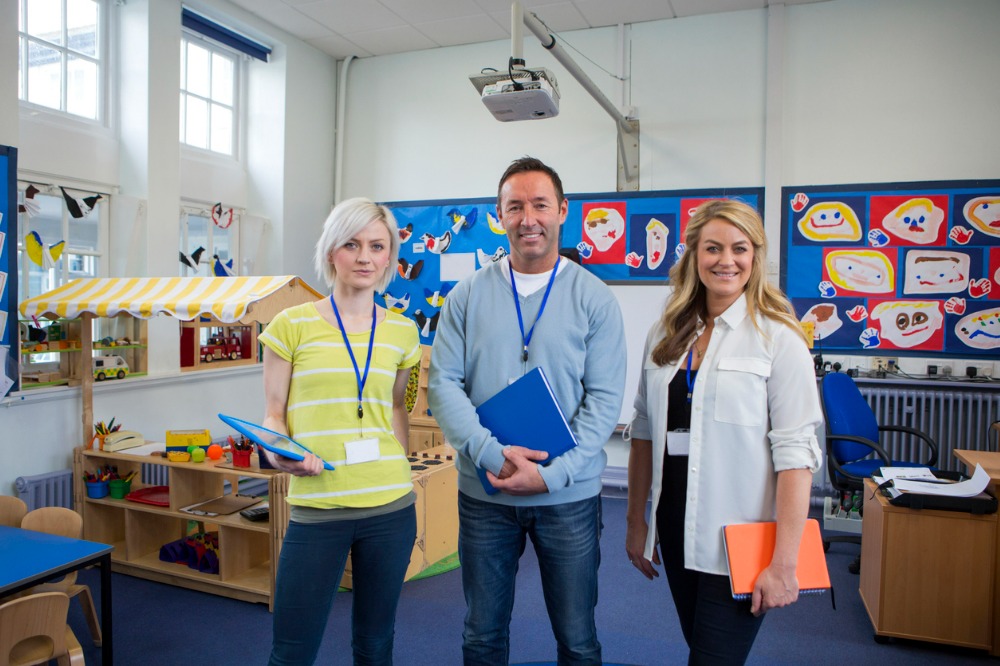
Despite calls for research-informed improvement in Australian education, evidence on best practice and support in schools is scarce, a new report shows.
In particular, the Monash University study revealed a distinct lack of guidance and support for Australian teachers and school leaders who want to improve outcomes using evidence-informed approaches.
Enter the Q Project – an Australian first initiative that investigates how research evidence is used in schools, and how to support educators to better use that evidence in their practice.
To address the issues highlighted in the report, researchers from Monash University’s Q Project say teachers and school leaders should be provided with targeted resources and developmental opportunities to build their capacities to improve their use of research in practice.
Over the past five years, the initiative has sought to address these major gaps, engaging with more than 2,100 Australian teachers and school leaders from over 1,700 schools to help them understand and improve high-quality use of research evidence in their schools to enhance the quality of teaching, and ultimately, student outcomes.
“The Q Project developed not only a unique evidence base about quality use of research but also a powerful practice base of educators and leaders committed to its development in practice,” Project Director, Associate Professor Mark Rickinson said.
“It built capacity, improved practice and shifted debate within many different schools and system organisations across Australia and internationally.”
Professor Martin Westwell, Chief Executive at the Department for Education, South Australia said Q has already made a noticeable difference already in the state’s education system.
“It’s created space for people to stop and think about the use of research. Schools and even systems are such busy places that sometimes it can be difficult to imagine what other ways might be,” he said.
Project participants have reported improvements in their individual, leadership and network capacities to use research well.
Natalie Manser, Assistant Principal at Wantirna College said the Project assisted her in providing a framework for how teachers and educators and leaders should engage with research.
“I think the idea of having the skill set, the mindset, and also the relationship around research though, that sort of triad if you like, needs to be humming in order for the decisions we make to have the impact that we need them to have,” Manser said.
Participants reported greater research use awareness and reflective capacities, as well as improvements in their confidence and skills to use research well. These skills span how to access and interpret research, incorporate it into existing practice, and embed it within school organisational structures and processes (e.g., meetings, schedules, professional learning communities, inquiry cycles, etc.).
Participants’ improved capacities meant that they were more open-minded about the value of using research and more likely to engage with it.
Participants also reported improved leadership capacities that involved a development in their own leadership mindsets and behaviours, such as better role-modelling of quality research use to staff, or improved communication about the rationale behind research use decisions.
“We talk a lot about evidence informed approaches but just how well are we using research evidence? Do we have the capability and support within our education systems, teachers and school leaders?” Chief Investigator, Professor Lucas Walsh, said.
“Too often these are afterthoughts, but need to be built into the DNA of everything we do in and for schools.”
Professor Walsh said The Q Project has shifted the debate about evidence use in schools.
“In the new world of alternative facts and turning away from expertise, our research affirms that now, more than ever, we need to improve our use of evidence to support the education of children and young people.”
